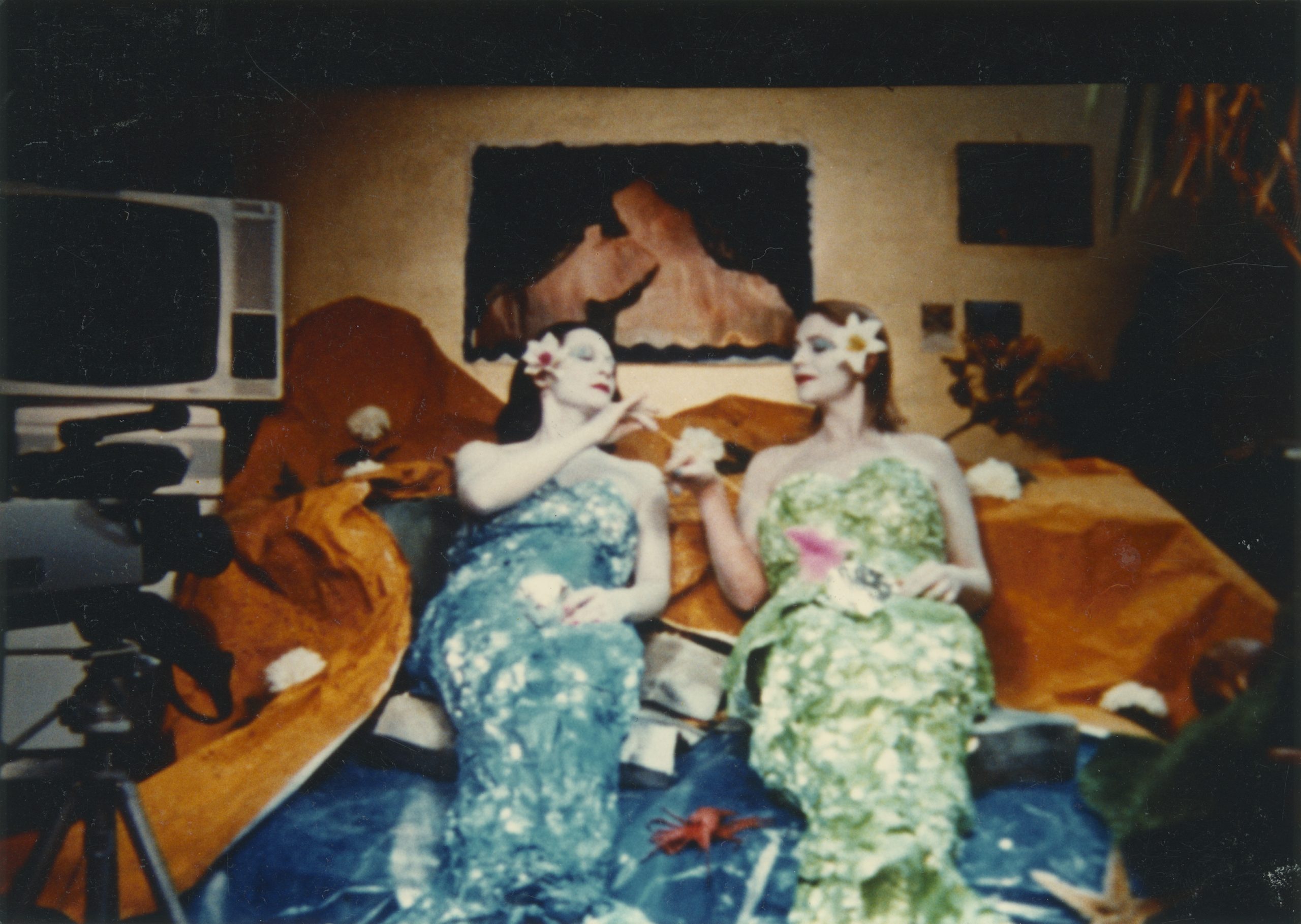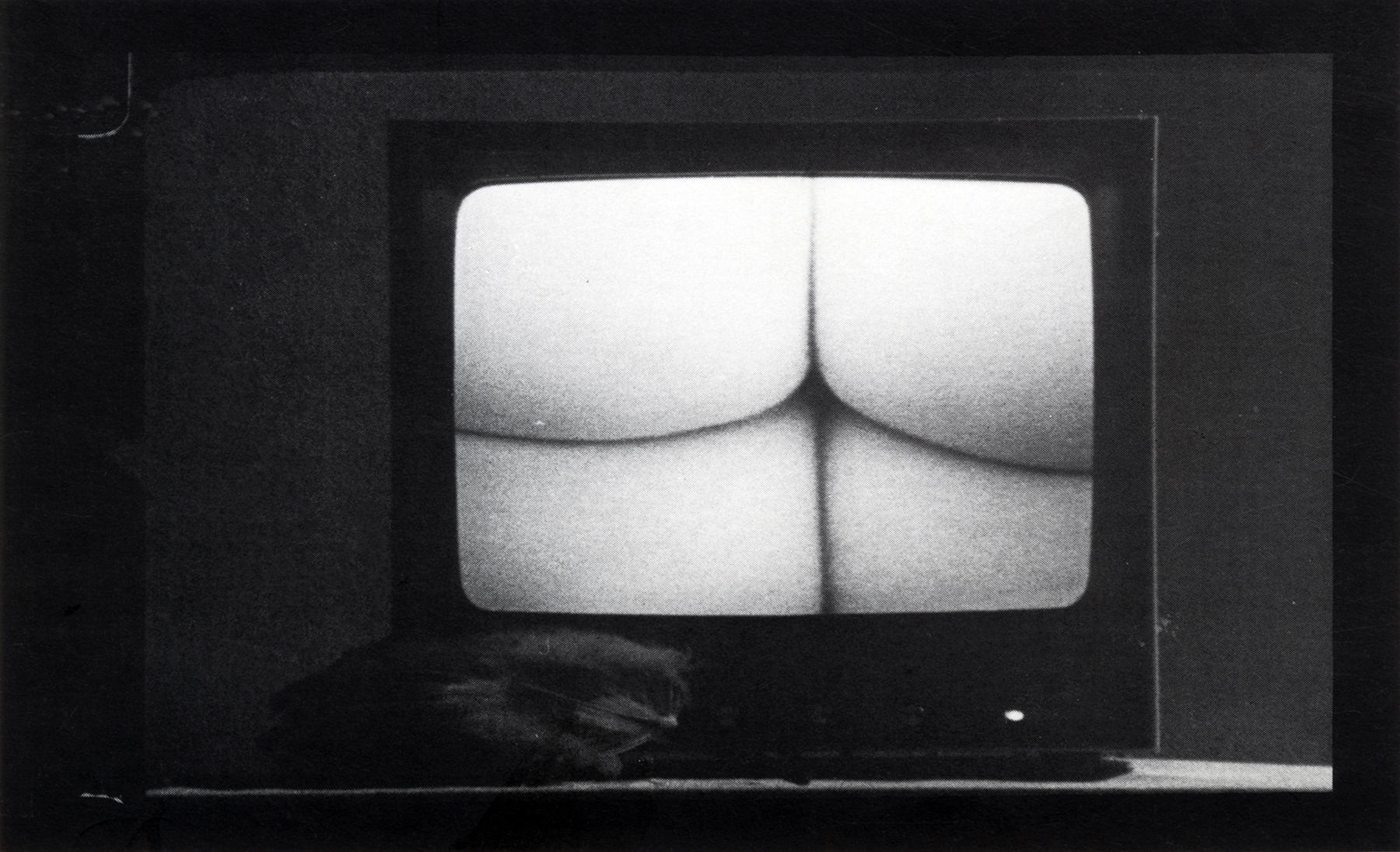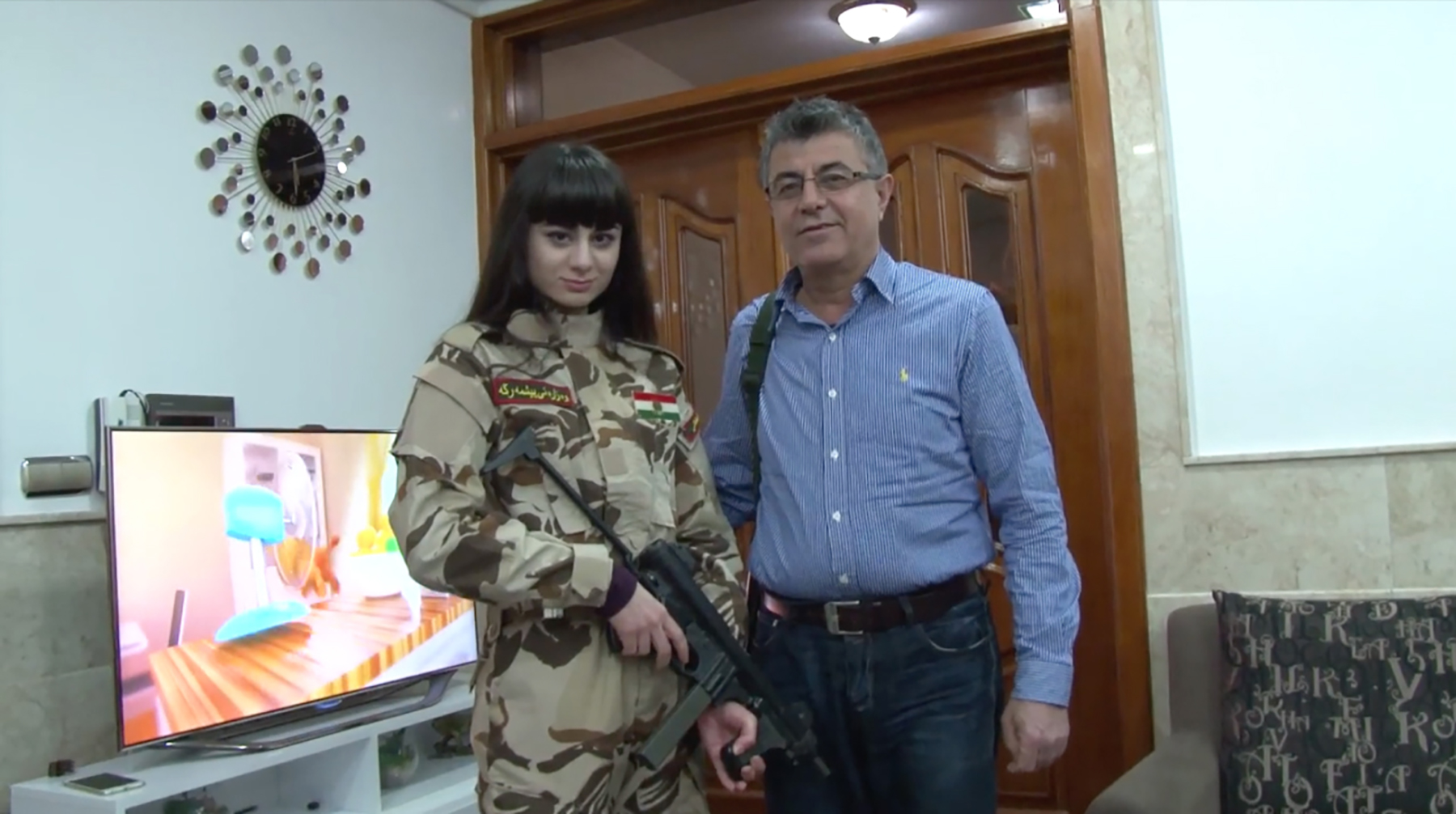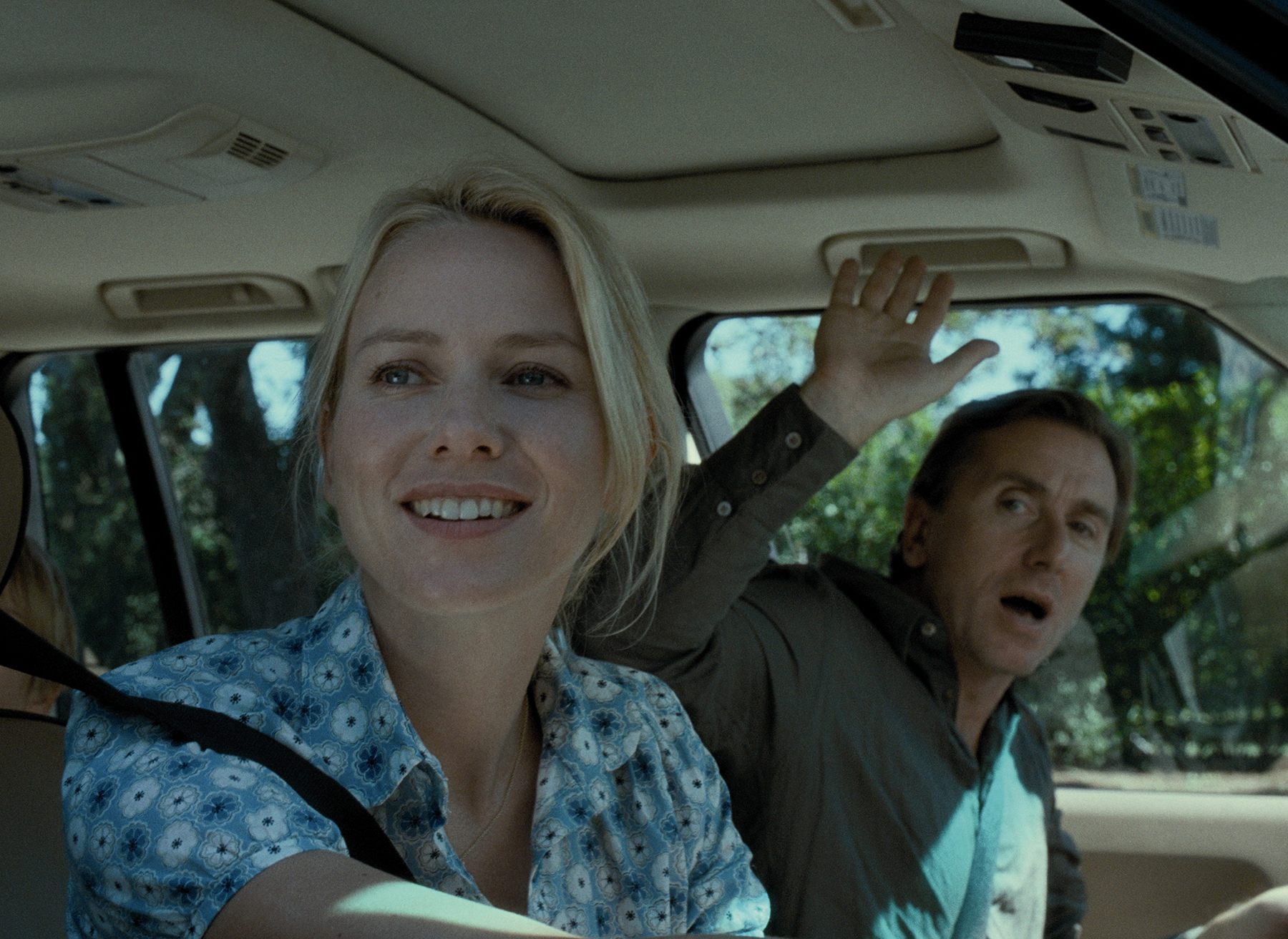In Reference

Canale Grande, Friederike Pezold © Filmarchiv Austria
In Reference: Ayub, Pezold, Haneke, and more
With the In Reference series, the Diagonale interlaces, mediates, and expands emphases of its current festival program. In reference to this year’s film competition, the Diagonale’22 will show early works by Friederike Pezold and Kurdwin Ayub: Two films from each artist will supplement their recent works Revolution der Augen (D: Friederike Pezold, AT 2022) and the opening film SONNE (D: Kurdwin Ayub, AT 2022). Viewers are thereby invited to become acquainted with or rediscover two extraordinary positions in Austrian film production. For the eightieth birthday of the multiple prize-winning director and scriptwriter Michael Haneke, the format will also present the psychological thriller Funny Games in the Austrian (AT 1997) and – almost identical – American (US 2007) versions.
The In Reference series can be seen between April 6 and 10 at the 25th Diagonale in Graz. With the Austrian premiere of Paul Poet’s prominently cast Schlingensief portrait miniature ATTABAMBI SCHEISSMICHAN (AT/DE 2020) it additionally also leads into the historical special RAUSCH, from the anniversary of the Thomas Pluch Screenwriting Prize via the cinema to Dorf an der Grenze (D: Fritz Lehner, AT 1979) and with Johann Lurf from the screen into the firmament. In conjunction with the exhibition of the Golden Pixel Cooperative at Kunsthaus Graz and the solo exhibition of the British filmmaker and feminist Sandra Lahire at the Grazer Kunstverein, the Festival of Austrian Film also shows the film program “In Resonance: The Golden Pixel Cooperative and Sandra Lahire”, in which works by the Diagonale’22 trailer artists from The Golden Pixel Cooperative meet the experimental film Terminals (D: Sandra Lahire, UK 1986) in the cinema. Last week, the Diagonale already had the pleasure of presenting this year’s festival trailer by The Golden Pixel Cooperative, which from now on will function as the calling card pointing the way to the Diagonale’22.
In Reference film program
— Funny Games (D: Michael Haneke, AT 1997)
— Funny Games U.S. (D: Michael Haneke, US 2007)
— Toilette (D: Friederike Pezold, AT 1979)
— Canale Grande (D: Friederike Pezold, AT 1983)
— Boomerang (D: Kurdwin Ayub, AT 2018)
— Paradies! Paradies! (D: Kurdwin Ayub, AT 2016)
— ATTABAMBI SCHEISSMICHAN (D: Paul Poet, AT/DE 2021)
— Das Dorf an der Grenze: Teil 1 – Kärnten 1920–1945 (D: Fritz Lehner, AT 1979)
— ★ (D: Lurf, AT 2022)
— Double 8 (D: Christiana Perschon, AT 2016)
— distortion (D: Lydia Nsiah, AT 2016)
— Terminals (D: Sandra Lahire, UK 1986)
— Liquid Ground (D: Enar de Dios Rodríguez, AT/ES 2021)

Toilette, Friederike Pezold © Filmarchiv Austria
Friederike Pezold: Toilette, Canale Grande, Revolution der Augen
Since the late 1960s, Friederike Pezold has acted at the interface of film, video, and media art to counter “the major crap that is shit into our hearts and minds day after day”. Her oeuvre shapes itself as a universe rife with desire and visual fantasy bristling with resistance. The Diagonale’22 will be showing three films that according to Pezold are intended for posterity: Toilette (AT 1979), Canale Grande (AT 1983), and Revolution der Augen. While the first two works celebrated their premiere in the Forum section of the Berlinale, the world premiere of Revolution der Augen can be viewed in the Diagonale’s competition program. In the merger of these films, humor, brashness, and the factors of time and duration step to the forefront. Pezold’s cinema is mercilessly uneconomical. Perhaps that is also the reason it is one of the most well-kept treasures of Austrian film history – rarely shown and not available on the internet or on home media.
Despite worldwide festival and exhibition invitations – from MoMA New York to the Centre Pompidou Paris, from the Berlinale to documenta and Biennale – Pezold, a radically independent artist, refuses to engage in climbing the art world’s ladder of fame. Her search for alternative forms of presentation is key for a type of expression that was already laid out in Canale Grande: In the film, she sets out to dismantle a subway surveillance camera in order to produce “closevision” for her Radio Free Utopia show, which she subsequently broadcasts by means of a wearable television on her own body in front of the viewers. Independence is the trump card!

Paradies! Paradies!, Kurdwin Ayub © sixpackfilm
The program for Kurdwin Ayub is likewise based on the film competition: The short feature Boomerang and the documentary Paradies! Paradies! – shown in reference to the Diagonale’22 opening film SONNE – offer the chance to become better acquainted with the filmmaker’s versatility. In both films – just like in SONNE, which was recently honored with the GWFF Best First Feature Award at the Berlinale – Ayub’s father is seen in crucial roles.
Paul Poet meets Schlingensief and Glawogger
The famous German director Christoph Schlingensief, who died in 2010 and was honored the following year with the Golden Lion at the Venice Biennale, was on the brink of moving from underground to unruly state artist in 2003. When staging Elfriede Jelinek’s “Bambiland” at the Burgtheater in Vienna and the Schauspielhaus in Zurich, he went beyond his personal limits. In ATTABAMBI SCHEISSMICHAN, Paul Poet compiles a provocative tribute from fragments of a film documentary that fell through at the time – an intoxicating portrait miniature. The Diagonale’22 shows Poet’s short film with Udo Kier, Julia Stemberger, Peter Kern, and others in reference to the historical special RAUSCH and before Michael Glawogger’s exceptional film Nacktschnecken (AT 2004).
30 years Thomas Pluch Screenwriting Prize
On the thirtieth anniversary of the death of scriptwriter Thomas Pluch and thus also the thirtieth anniversary of the Thomas Pluch Screenwriting Prize, the Diagonale’22 together with the Drehbuchverband Austria will show the first part of the ORF miniseries Das Dorf an der Grenze, written by Thomas Pluch. In the series, the story of the fictive yet utterly typical village of Selice from the end of World War I until 1976 functions as a model for nationalistic and other group dynamics. With an introduction by Bert Rebhandl.

Funny Games U.S., Michael Haneke © X Verleih
Haneke, two birthday films
Supplementing the extensive birthday celebrations at the Austrian Film Museum in Vienna (retrospective from March 4 to May 2, 2022) and the museum’s collaboration with the Vienna Musikverein (“Musikverein Perspektiven: Michael Haneke” from March 24 to 27, 2022), the Diagonale in Graz is showing two works by Haneke in a unique double feature: In the Austrian psychological thriller Funny Games from 1997, Ulrich Mühe and Susanne Lothar play the main roles. The film celebrated its premiere at the International Film Festival Cannes in 1997, where it polarized audiences and critics. In 2007, Haneke filmed the U.S. remake under the title Funny Games U.S. with Tim Roth and Naomi Watts. The content of the two films is identical, take for take. Anna and Georg travel with their son Schorschi to a summer cottage on a lake. While Anna prepares dinner, a young man amiably asks for a few eggs. From that moment, Peter and Paul force their way into the family’s weekend home and sadistically torture them to death. Haneke reproduced his first version scene by scene. He explicitly guaranteed the criteria “Final cut” and “Shot-by-shot remake” by contract. Even when the production firm tried to launch Marilyn Manson for the soundtrack rather than John Zorn, as they felt that he would benefit the marketing, Haneke referred to this clause. He had the last word. Final cut.


